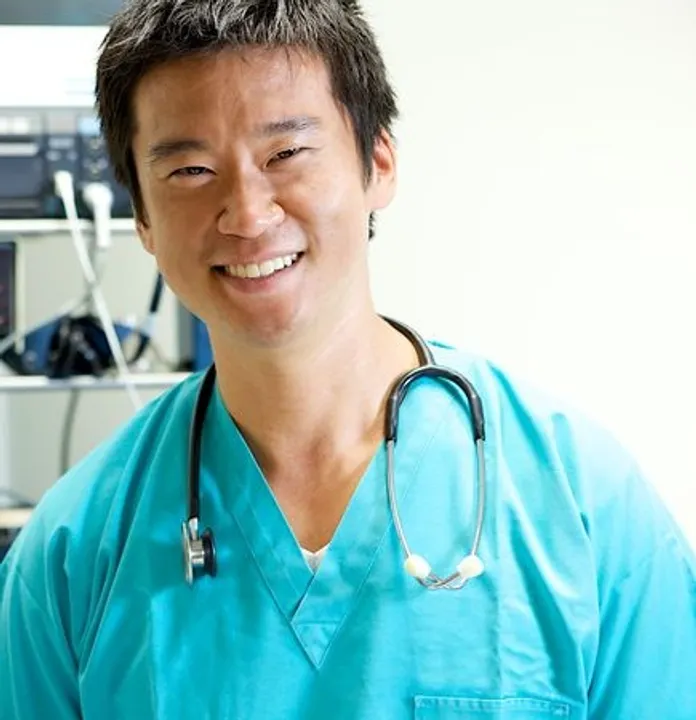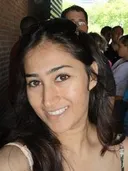Residency Match Tips for International Medical Graduates

Clinton L/123RF.com
International learning and job experience usually increase your competitive advantage over domestic applicants in most business fields like marketing, finance, and human resource. Unfortunately, this rule of thumb is not applicable in the healthcare industry. If you are an International Medical Graduate (IMG), your chances of reserving a spot in US residency programs is lower than a typical US graduate. This is mainly because:
- Medical laws and practicing patterns vary significantly in different parts of the world.
- Exposure and handling of clinical cases and application of theoretical knowledge differ significantly across the globe, based on cultural practices and federal laws.
- Many Program Directors (PDs) are skeptical about the quality of medical training and skillsets of international medical graduates, which makes this process even more tedious.
It is absolutely necessary to develop an understanding of the federal healthcare laws and industry atmosphere before starting the application process.
Prior to Applying:
Formulate your strategy and goals
The first step is definitely to formulate a functional and practical strategy, based on simple facts and statistics. For example:
- The longer you wait to finish the USMLE steps (United States Medical Licensing Exams), the lower will be your chances of getting in an accredited/preferred residency program (admit it, the PDs love fresh graduates).
- High scores secure your chances of an early match (a score of 230 or higher in USMLE Step 1 and Step 2 are considered safe for IMGs).
- Select your area of interest or specialty and strive to build your resume to increase your chances of acceptance.
Be sensible in your choice of specialty selection:
Your chances of getting interviews and a call for residency match are greatly dependent upon the choices you make. For example, some preferred specialties for IMGs based on the historical data are:
- Internal Medicine
- Psychiatry
- Family Medicine
- Pediatrics
Some specialties where your chances are low (unless you have very high scores and superb clinical skillsets) are:
- Obstetrics and Gynecology
- Anesthesiology
- Orthopedic surgery
Keep yourself up-to-date:
Develop a habit of frequently surfing these websites for the latest up-to-date information about the application process:
- https://www.aamc.org/students/medstudents/eras/375006/resources-info2015.html (Electronic Residency Application Service)
- http://www.ecfmg.org (Educational Commission for Foreign Medical Graduates)
- http://www.nrmp.org (National Resident Match Program)
Join USMLE forums to learn more about the programs that are willing to sponsor your Visas. Although ECFMG (http://www.ecfmg.org) offers J-1 Visas to applicants who are interested in a career in US healthcare industry, a number of other programs also offer H1B Visas to selected candidates.
Building your Resume:
Once you have your primary goals in line, now is the time to build your curriculum vitae and clinical experience profile. Some important steps are:
Gain US Clinical Experience:
It has been observed that IMGs who participate in observer-ship programs to gain clinical experience are more likely to match. Many hospitals, research institutes, and private practices provide valuable opportunities to foreign graduates for internship, externship, volunteer-ship, and research assistance. Joining US institutes helps you in several ways:
- Boost your Resume for the Residency Match
- Acquaint yourself to the healthcare practices and environment of the US
- Allow you to network with other graduates (US and non-US), in addition to doctors and researchers
- Help you in getting recommendations and references
You can start with an online search for hospitals and practices that are in need of volunteers. You can also contact HR departments personally to increase your chances of consideration. Unfortunately, there aren’t many established institutions that accept foreign graduates for training purposes, but starting from research or laboratory divisions always gives you a good head-start.
Get your Hands on Publications:
Your chances of getting in a residency program increase significantly if you have one or more publications in peer-reviewed scientific journals. This is a tedious task, but if you are working in a research institute or volunteering in a clinical trial program, it is not that difficult. You can also utilize other channels such as:
- Networking with other doctors and resident trainees (from your school or circle of friends) who are serving in different programs to contribute in an ongoing research study.
- Expressing your interest in being part of a research team on an ongoing study at your medical school or training hospital in your country.
Work as a Volunteer:
In the worst-case scenario, you may get accredited for offering part-time volunteer services in not-for-profit organizations by:
- Organizing public awareness walks and events (seminars)
- Participating in health screening camps
- Conducting surveys and collecting/analyzing data
Working as a volunteer has many perks, especially if you don’t have a lot to highlight on your resume.
Application Process:
Registration:
After collecting your credentials and preparing an application, the next step is to register with NRMP (National Resident Matching Program). This site allows you to connect with the participating residency programs. Ideally, the process commences in mid-August each year and applications are accepted until Dec 1st.
You will need:
- A Personal Statement – Ideally under one page to highlight your unique skillsets, qualifications, and an explanation of why you are the best candidate
- Letters of recommendation from accredited US hospitals, doctors, and research specialists
- Complete and up-to-date Resume
- Complete ERAS Application
- A cover letter – designed specifically for each program to address the Director of respective Program
- Proof of graduation from an accredited medical school (letter from Dean and medical transcripts)
- ECFMG report and USMLE Transcript
It is noteworthy that certain states have additional requirements for residency applications. For example, to be eligible for selection in the state of California, you must acquire an "Applicant Evaluation Status Letter" (issued and certified by California Medical Board).
Make sure to apply as early as possible; applications submitted after October are associated with a lower response rate.
Apply in IMG-Friendly Programs:
If you are a foreign medical graduate, it is always a good idea to apply in as many programs as possible (ideally 25 to 30), mainly to:
- Increase your chances of getting accepted in a program
- Improve your interview and communication skills by appearing in front of different boards
However, it is more important to apply in states that are more IMG-friendly. For example, according to the latest data reported by NRMP Main Residency Report of 2013, more than 50% of the residents admitted in New Jersey 2013 residency programs are international medical graduates (193 graduates).
Other IMG friendly states where the percentage of IMGs is low but the number of seats is overall higher include:
- New York (738 graduates or 35.6% of all the new-residents)
- Michigan 302 graduates or 40.7% of all the new-residents
- Ohio (275 graduates or 30.0% of all the new residents)
To learn more about the IMG-friendly states and statistics of last residency match, please review NRMP Manual:
Appearing for the Interview:
- Prepare yourself very well for the interview. Dress professionally and act sophisticated, as first impressions and interview performance contribute approximately 60% to the acceptance in the program.
- Make sure to write a ‘thank-you letter’ to the Program Director within 48-hours to express your interest in the program and appreciation for the opportunity provided.
In short, residency match is all about selling yourself effectively and highlighting your skillsets in a unique and powerful fashion. Make sure to get professional help if needed, especially when it comes to language skills, communication skills, and interview techniques.
To browse physician jobs please follow the link; https://www.hospitalrecruiting.com/jobs/Physician-Jobs/.
Related Posts
